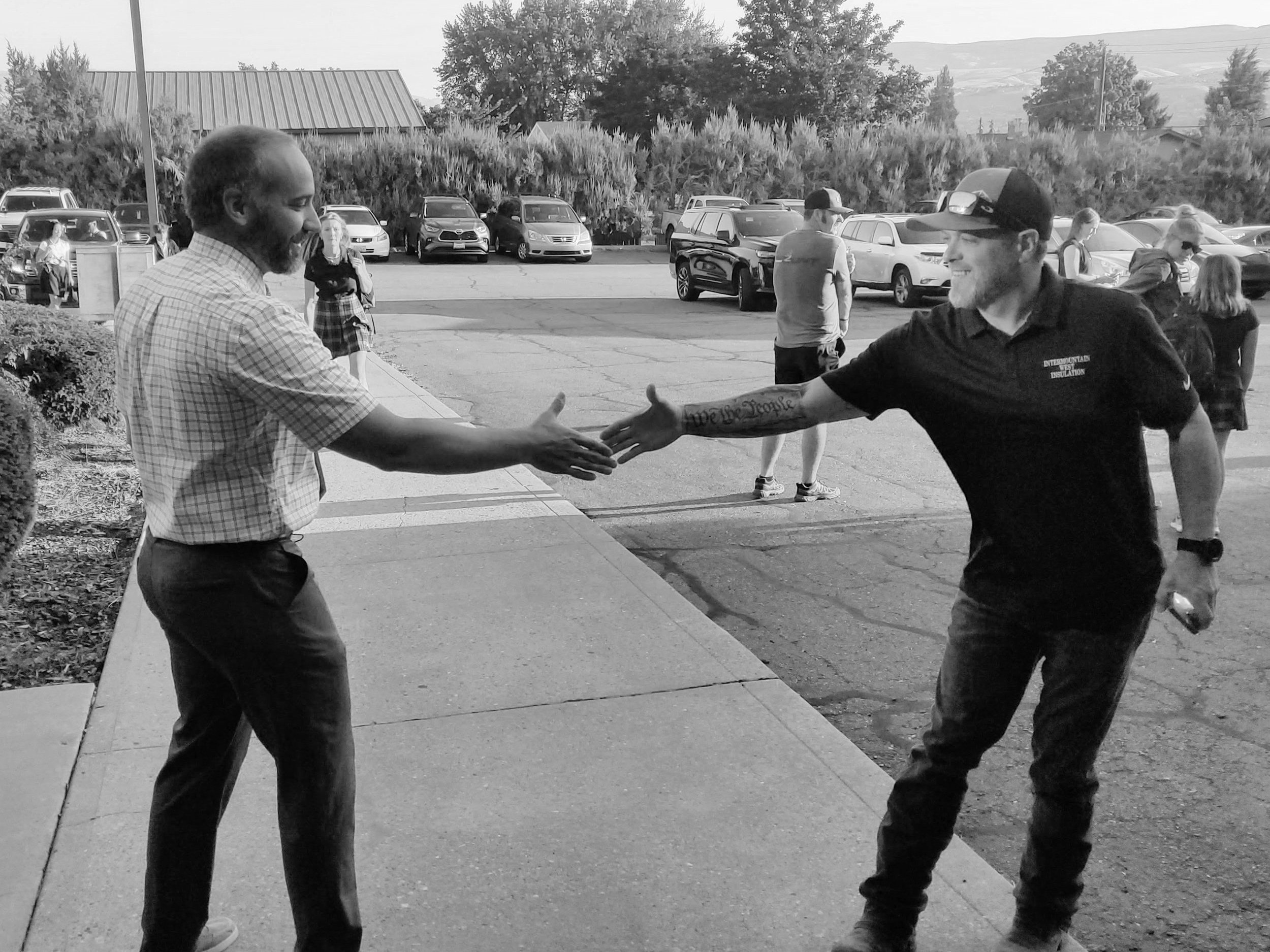Saul of Tarsus was a Pharisee who passionately ravaged the church. Tarsus was well-known as a beacon of Roman education; they trained their pupils in grammar, logic, and rhetoric. Saul soaked in the knowledge of the ancients and grew in his pharisaical understanding of the scriptures. But did he bear fruit in wisdom?
When first we meet Saul, he’s “breathing threats and murder against” the persecuted Christians (ESV, Acts 9.1). He learned to recite significant portions of the Old Testament from memory and condemn those who disagreed with him. While Saul had all the tools of a classical education at his disposal, it’s safe to say that we don’t hope and pray and train our students from the time they’re adorable grammar stage younglings to become the next Saul.
The rhetoric or poetic stage of a classical education is beautiful and uplifting–and, yes, difficult. Everything comes together here. It builds upon the grammar and logic stages, moving from soaking up knowledge and memorizing information to arguing about right and wrong based on research and facts, to seeking out and speaking truth in wisdom, for “without knowledge [and the skill of logical arguments], the rhetorician has nothing of substance to say” (Bauer 462). We at the River Academy hope that our students do not argue idly but speak with depth and substance and truth.
The rhetoric stage begins in the 9th grade when we aim to train them to wield communication not as a clumsy sledgehammer but as a fine chisel–not as an all-caps tweet but a poet’s stanza.
For students in this poetic age, Dorothy Sayers dreams that “[t]he doors of the storehouse of knowledge should now be thrown open...to browse about as they will. Lessons once learned by rote will now be seen in new contexts; the things once coldly analyzed can now be brought together to form a new synthesis; here and there a sudden insight will bring about that most exciting of all discoveries: the realisation that a truism is true” (Sayers 17). We utilize many of the greatest books in the western tradition to let our students debate, discover, discuss, and write about truth, goodness, and beauty. This sometimes means we contrast those virtues with the sin and darkness and depravity of our world, all within the safe, intentional confines of our classrooms. Our students learn to debate equations, discuss history, and deliver speeches–not merely reading aloud or shouting over one another but speaking purposefully and passionately. This takes time; students do not drop readymade at age fourteen into the rhetoric stage. They need training and a safe place to practice.
Most of all, we want to train and inspire our rhetoric students to speak virtuously and righteously, not stopping with the potentially “destructive criticism” of logic (Sayers 17). Even the pagan philosopher Aristotle cautions rhetoricians “that one who uses such power of speech unjustly might do great harm” like Saul the Pharisee (1.1). Aristotle continues: “A man can confer the greatest of benefits by a right use of these, and inflict the greatest of injuries by using them wrongly” (1.1). We, like the classical philosophers and rhetoricians of old, must speak inspirationally with justice and morality.
When the Lord gave Saul his new name, Paul went forth and used his gifts and the training that a classical education in rhetoric and poetics gave him to benefit the body of Christ, to bear the greatest of fruit in wisdom.
Have a great week,
Tyler Howat






